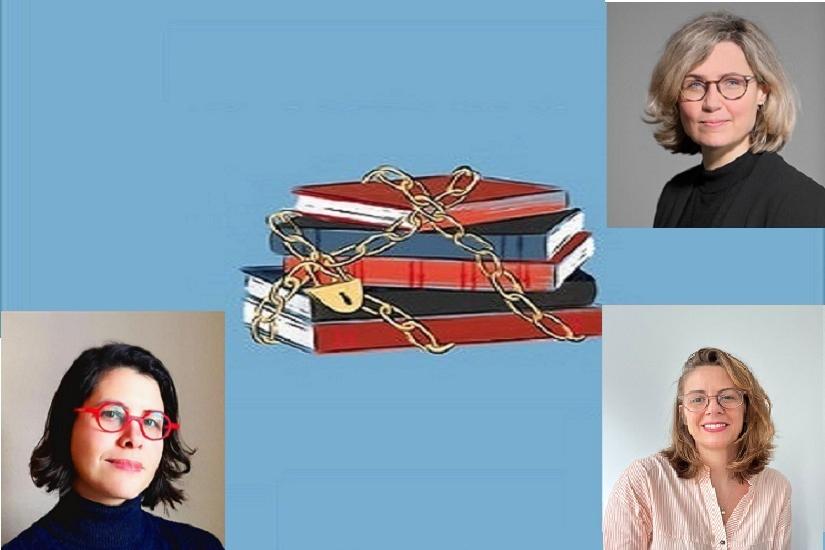
This Roundtable will address censorship and self-censorship in the teaching of history, sexuality and gender studies, in particular since the rise to power of Jair Bolsonaro. First, Nina Schneider will concentrate on censorship of the military past. She will trace Jair Messias Bolsonaro’s military roots and his view on the military regime. She then looks at a few concrete attempts of the Bolsonaro government to dismantle human rights and memory institutions and practices related to military regime. Finally, she will raise the complex question of whether Bolsonaro’s rise is the result ultimately failed Brazilian memory policies. The reasons for Bolsonaro’s rise are certainly more complex given that powerful lobby groups benefit from his presidency, but, Schneider will argue, his popularity at minimum demonstrates that few Brazilian voters have really engaged with the history of the Brazilian dictatorship.
In the second part, Paola Otero dos Santos will reflect on her fifteen years of experience as a history teacher to understand the tendency to impose conservative historical interpretations on painful historical pasts in Brazil. She will highlight the erosion of teachers' authority in addressing current educational issues, which is evident in militarization of schools, online exposure of 'hidden history,' and neglect of contentious topics in curricula, like Atlantic slavery, Amerindian genocide, and the military dictatorship. Non-state actors like "Escola Sem Partido" ("School without a Political Party") scrutinize and intimidate critical history teachers, attempting to influence legislation. Despite limited success, they still impact teaching practices. Growing surveillance fosters fear and self-censorship among history teachers, further adding complexity to Brazil’s educational landscape.
In the final part, Juliana Cesario Alvim Gomes will explore the intricate intersections between history education, gender/sexuality education, and their broader implications for academic freedom. She will shed light on coordinated efforts to monitor and censor classrooms, ostensibly to combat "indoctrination" and protect conservative values. She will draw attention to recent instances of censorship and legal battles that reached the Brazilian Supreme Court, arguing that the limited scope of the court’s decisions doesn't eliminate the potential for future restrictions.
Speakers
Nina Schneider is Privatdozent at Käte Hamburger Kolleg and the Centre for Global Cooperation Research at the University of Duisburg-Essen.
Paula Otero dos Santos is a PhD-candidate in the Department of History at the Universidade de Brasilia.
Juliana Cesario Alvim Gomes is Associate Professor at the Department of Legal Studies at the Central European University.